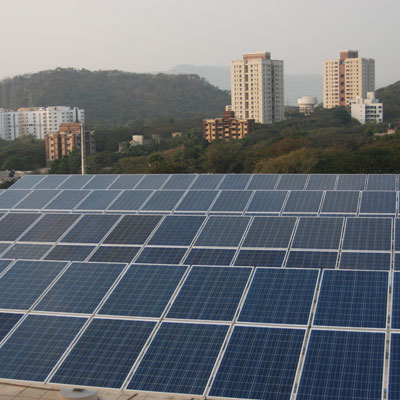-
Tips for becoming a good boxer - November 6, 2020
-
7 expert tips for making your hens night a memorable one - November 6, 2020
-
5 reasons to host your Christmas party on a cruise boat - November 6, 2020
-
What to do when you’re charged with a crime - November 6, 2020
-
Should you get one or multiple dogs? Here’s all you need to know - November 3, 2020
-
A Guide: How to Build Your Very Own Magic Mirror - February 14, 2019
-
Our Top Inspirational Baseball Stars - November 24, 2018
-
Five Tech Tools That Will Help You Turn Your Blog into a Business - November 24, 2018
-
How to Indulge on Vacation without Expanding Your Waist - November 9, 2018
-
5 Strategies for Businesses to Appeal to Today’s Increasingly Mobile-Crazed Customers - November 9, 2018
EU, Vietnam agree deal for free trade pact
HANOI/BRUSSELS The European Union and Vietnam reached a free trade agreement on Tuesday, the EU’s second in Southeast Asia, paving the way for deep cuts in tariffs on nearly all goods between their markets.
Advertisement
“Having easier access to a growing and fast developing market like Vietnam with its 90 million consumers is great news”, Brussels argued.
“We had different levels of ambitions, so it has been paused for quite some time”, EU Trade Commissioner Cecilia Malmstrom told reporters here. Malmstroem said it could enter force by late 2017 or early 2018. Goods which were traded between the two economies amounted to more than 28 billion euros ($30.75 billion) a year ago.
“The elimination of duties, however, will not be an open door for Chinese products to flood the EU market: to benefit from the preferential access, the strict rules of origin for garments will require the use of fabrics produced in Vietnam, with the only exception being of fabrics produced in South Korea, another free trade agreement partner of the EU”, Malmstrom said.
Under the deal, Vietnam would liberalise trade in financial services, telecommunications, transport, and postal and courier services over 10 years.
“Our deal will also make sure that trade does not take place at the cost of the environment or of people’s rights”, Malmstrom said.
If agreed, the Transatlantic Trade and Investment Partnership (TTIP) would encompass a third of world trade and be the biggest such agreement.
Vietnam’s most commonly exported items to the EU are electronic products, telephone sets, footwear, clothing, textiles, coffee, rice, seafood, and furniture. The EU exports mainly electrical machinery and equipment, aircraft, vehicles and pharmaceuticals to Vietnam.
This agreement will remove almost all tariffs on goods traded between the two economies.
Advertisement
India and the EU have been negotiating the bilateral free trade and investment agreement since June 2007, but after 12 rounds of talks the negotiations were brought to a standstill in 2013.





























